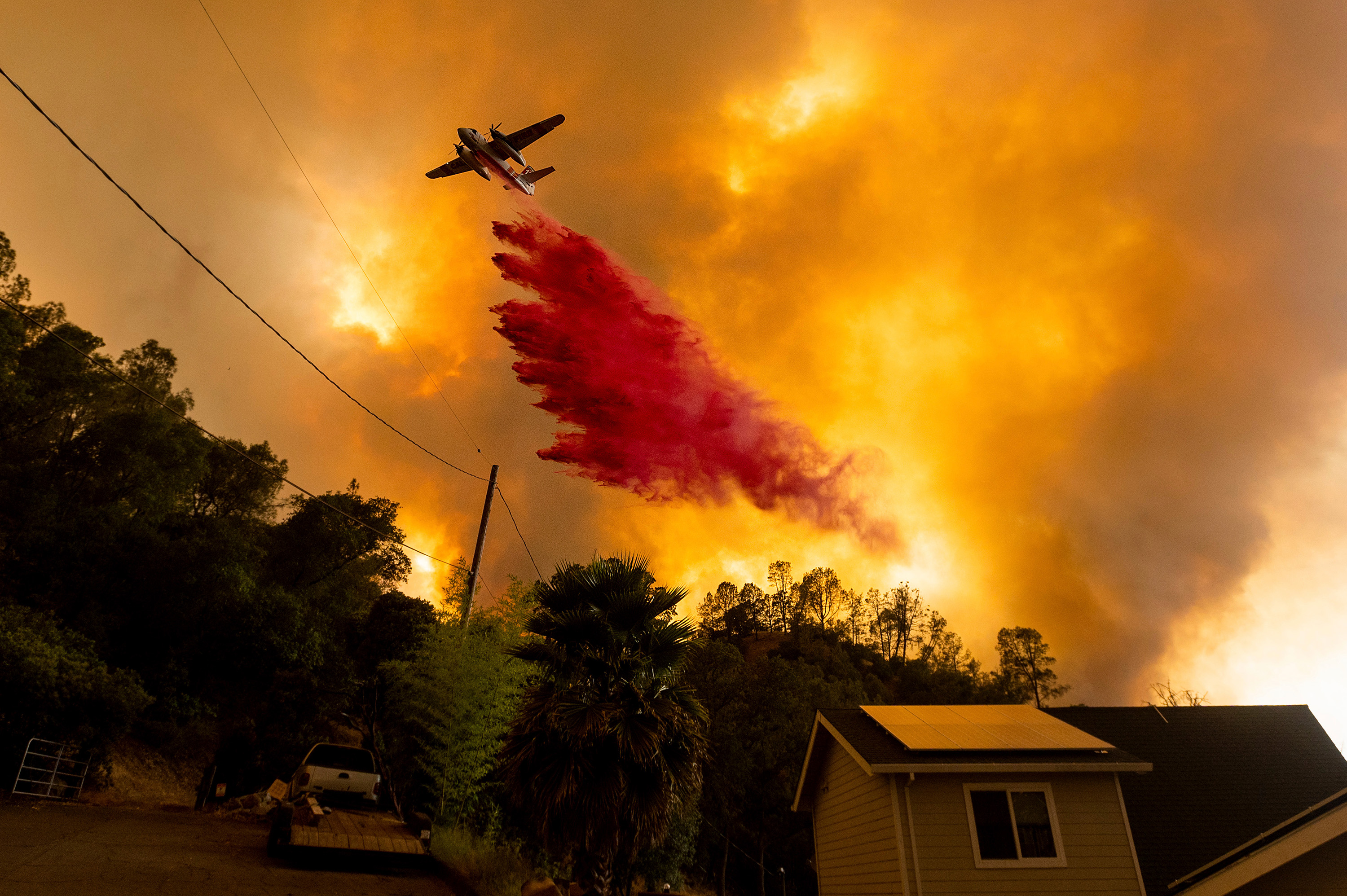Gambling On Climate Change: The Case Of The LA Wildfires And Responsible Wagering

Table of Contents
H2: The Increasing Risk of LA Wildfires and Climate Change
The connection between climate change and the severity of LA wildfires is undeniable. Scientific evidence overwhelmingly points to a dangerous trend.
H3: Scientific Evidence Linking Climate Change to Wildfire Severity
- Rising Temperatures: Global warming, driven by greenhouse gas emissions, leads to significantly higher temperatures in Southern California, creating tinderbox conditions. The IPCC's Sixth Assessment Report highlights the undeniable increase in global average temperatures, directly correlating to increased wildfire risk. [Citation: IPCC AR6]
- Prolonged Drought: Climate change intensifies drought conditions, leaving vegetation drier and more susceptible to ignition. Studies show a clear link between changing precipitation patterns and extended periods of drought in the LA Basin. [Citation: Relevant peer-reviewed study on California drought]
- Increased Fuel Buildup: Warmer temperatures and altered precipitation patterns contribute to increased fuel buildup – dense vegetation that acts as kindling for wildfires. This creates a vicious cycle where larger fires burn more intensely and more frequently. [Citation: Study on fuel load and wildfire intensity in California]
- Unique Ecosystem Vulnerability: The LA Basin's unique Mediterranean climate, characterized by dry summers and wet winters, makes it particularly vulnerable to wildfire. Climate change exacerbates these pre-existing conditions, increasing wildfire risk significantly.
H3: The Economic and Social Costs of Uncontrolled Wildfires
The consequences of uncontrolled wildfires extend far beyond the immediate destruction.
- Economic Impact: The cost of fighting wildfires, repairing infrastructure, and addressing the economic disruption resulting from evacuations and business closures runs into billions of dollars annually.
- Social Cost: Wildfires cause devastating human suffering, including loss of life, displacement of communities, and severe health consequences from smoke inhalation and other hazards. The emotional toll on survivors and their communities is immeasurable.
- Wildfire Damage: The destruction of homes, businesses, and vital infrastructure results in long-term economic hardship and social instability.
H2: Responsible Wagering: Mitigation and Adaptation Strategies
Instead of gambling with our future, we must adopt responsible strategies for mitigation and adaptation.
H3: Mitigation Strategies: Reducing Greenhouse Gas Emissions
To reduce the likelihood of future catastrophic wildfires, we must drastically cut greenhouse gas emissions. This requires a multi-pronged approach:
- Transition to Renewable Energy: Shifting away from fossil fuels and towards renewable energy sources like solar and wind power is crucial. California is already a leader in this area but needs to accelerate the transition.
- Sustainable Transportation: Promoting electric vehicles, public transportation, and active transportation (walking and cycling) can significantly reduce emissions from the transportation sector.
- Energy Efficiency Measures: Investing in energy-efficient buildings, appliances, and industrial processes can significantly reduce our overall energy consumption.
- Carbon Capture Technologies: Exploring and implementing carbon capture and storage technologies can help remove existing CO2 from the atmosphere.
H3: Adaptation Strategies: Preparing for More Frequent and Intense Wildfires
Even with ambitious mitigation efforts, we need to adapt to the increased risk of wildfires:
- Improved Forest Management: Implementing controlled burns and forest thinning techniques can reduce fuel loads and make forests more resilient to wildfires.
- Community Preparedness Plans: Developing and regularly practicing community evacuation plans, wildfire response protocols, and public awareness campaigns are crucial.
- Building Codes: Enhancing building codes to incorporate wildfire-resistant materials and designs can protect homes and other structures.
- Early Warning Systems: Investing in sophisticated early warning systems that provide timely alerts to residents can save lives and property.
H2: The Stakes are High: Why Responsible Action is Crucial
The consequences of inaction are dire and far-reaching.
H3: The Long-Term Consequences of Inaction
Failing to address climate change will lead to more frequent and intense wildfires, not only in LA but across the globe. The long-term consequences include irreversible damage to ecosystems, increased displacement of populations, and escalating economic costs. This will disproportionately impact vulnerable communities and future generations.
H3: The Moral Imperative of Responsible Stewardship
We have a moral obligation to protect our planet and ensure a sustainable future for generations to come. Ignoring the risks of climate change is not only irresponsible but ethically indefensible. We must act now to minimize the impact of climate change and protect the communities at risk from wildfires.
3. Conclusion:
The escalating threat of LA wildfires serves as a stark warning: we're gambling with our future by ignoring climate change. The scientific evidence is clear, the economic and social costs are substantial, and the moral imperative to act is undeniable. We must shift from reckless gambling to responsible wagering on our climate future. This requires a concerted effort to mitigate climate change by reducing greenhouse gas emissions and adapting to the increased risk of wildfires. Let's avoid the gamble on climate change and build a more sustainable and resilient future. Learn more about climate action and get involved at [link to relevant organization 1], [link to relevant organization 2], and [link to relevant resource]. Let's choose responsible wagering – for our communities, our planet, and future generations.

Featured Posts
-
 Reggie Miller Joins Nbc Sports As Lead Nba Analyst Latest Updates On Broadcast Changes
May 06, 2025
Reggie Miller Joins Nbc Sports As Lead Nba Analyst Latest Updates On Broadcast Changes
May 06, 2025 -
 Trumps Constitution Comments I Dont Know
May 06, 2025
Trumps Constitution Comments I Dont Know
May 06, 2025 -
 Jeff Goldblums Family Day Out Como 1907 Football Match
May 06, 2025
Jeff Goldblums Family Day Out Como 1907 Football Match
May 06, 2025 -
 Denzel Washington And A Ap Rocky In Spike Lees New Film First Look
May 06, 2025
Denzel Washington And A Ap Rocky In Spike Lees New Film First Look
May 06, 2025 -
 T Mobile Penalized 16 Million For Years Of Data Breaches
May 06, 2025
T Mobile Penalized 16 Million For Years Of Data Breaches
May 06, 2025
